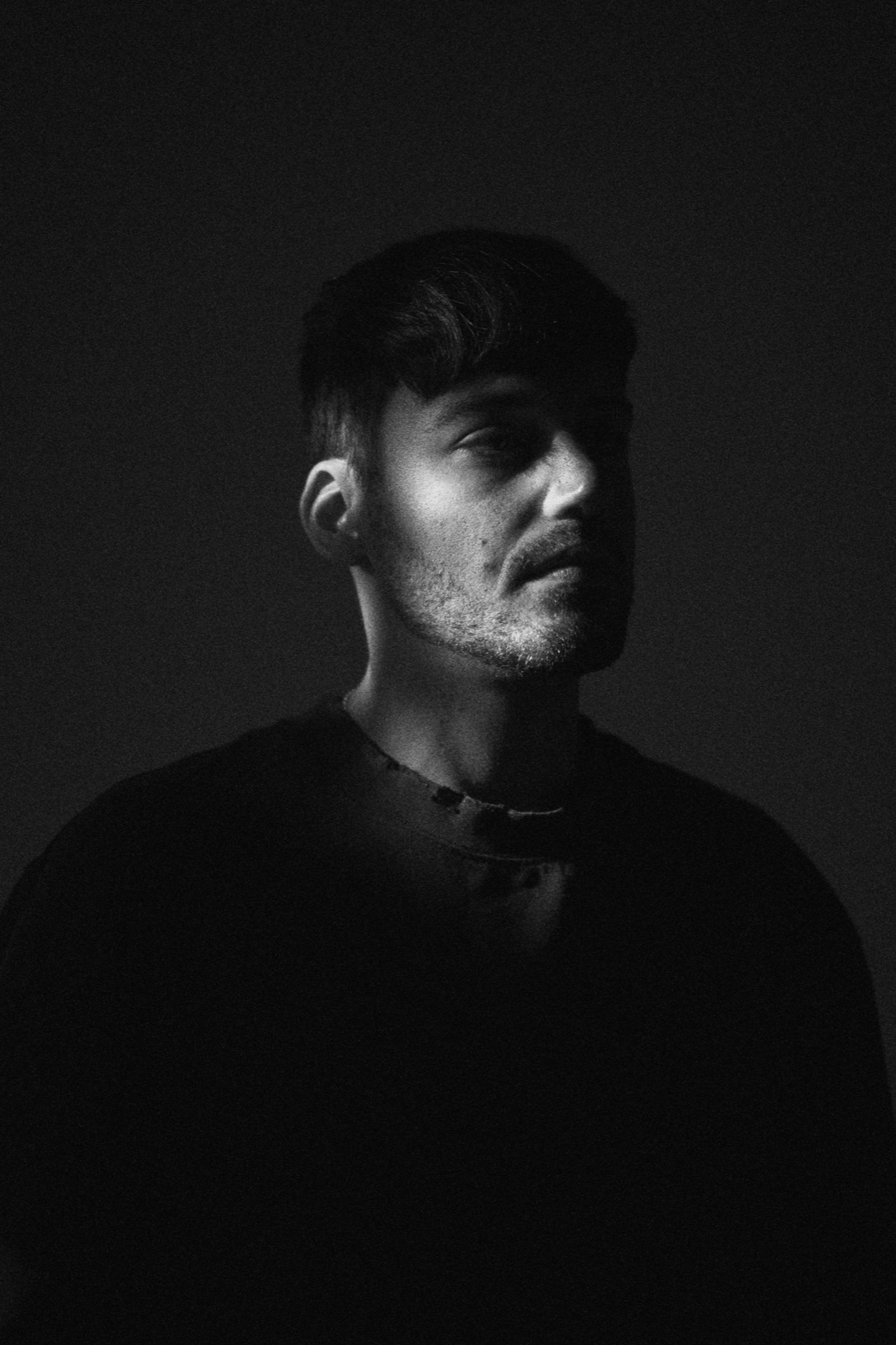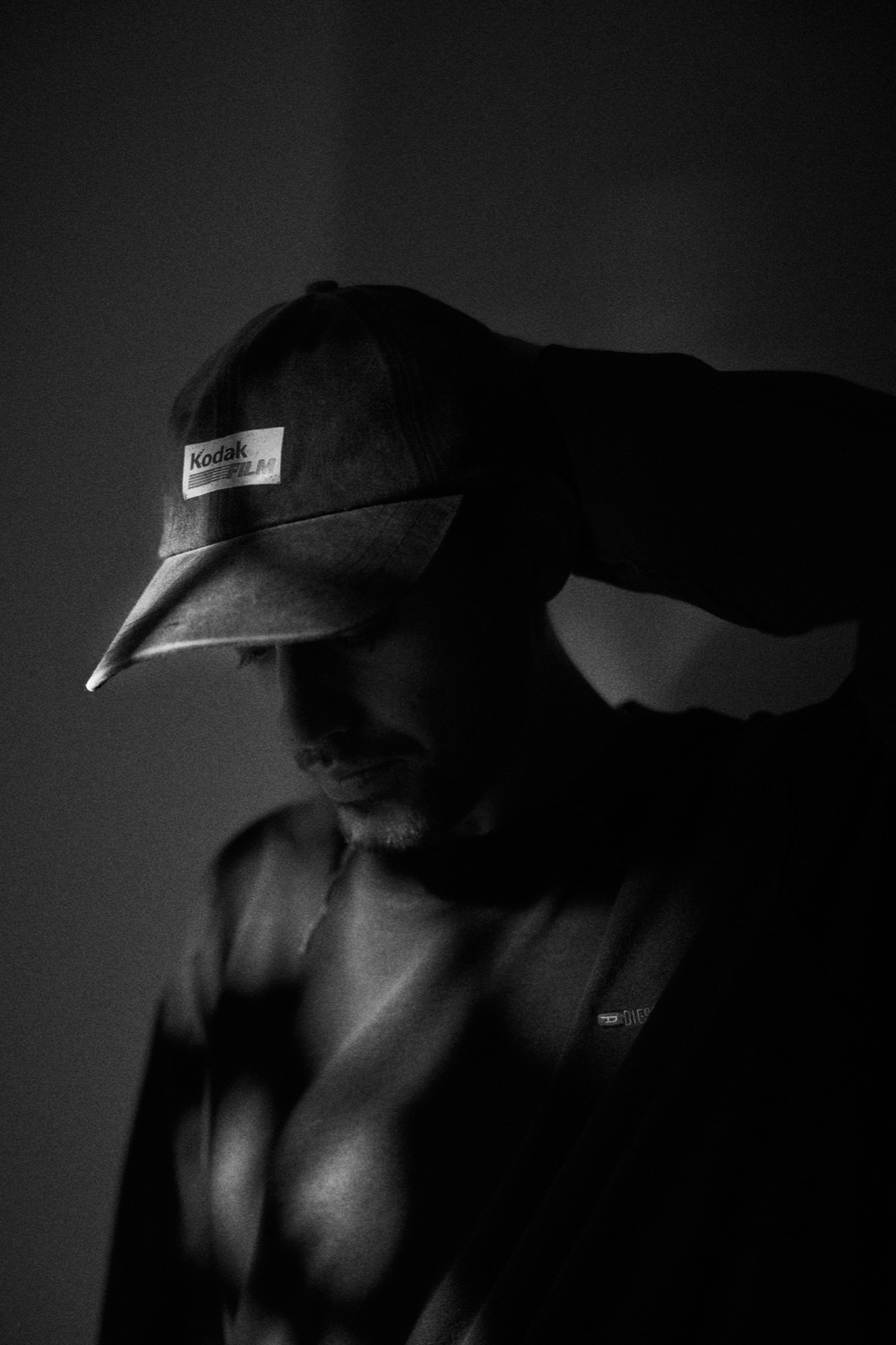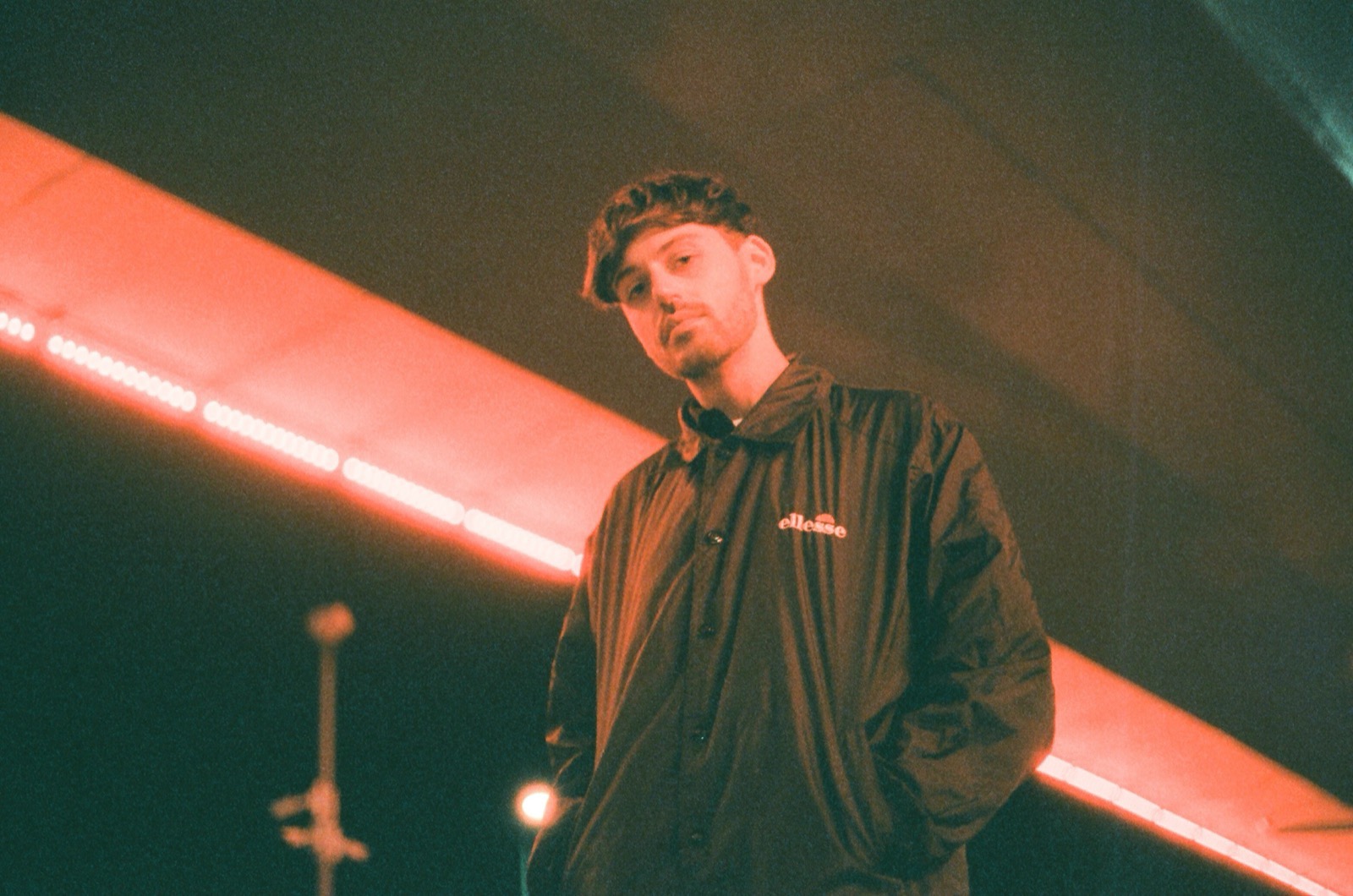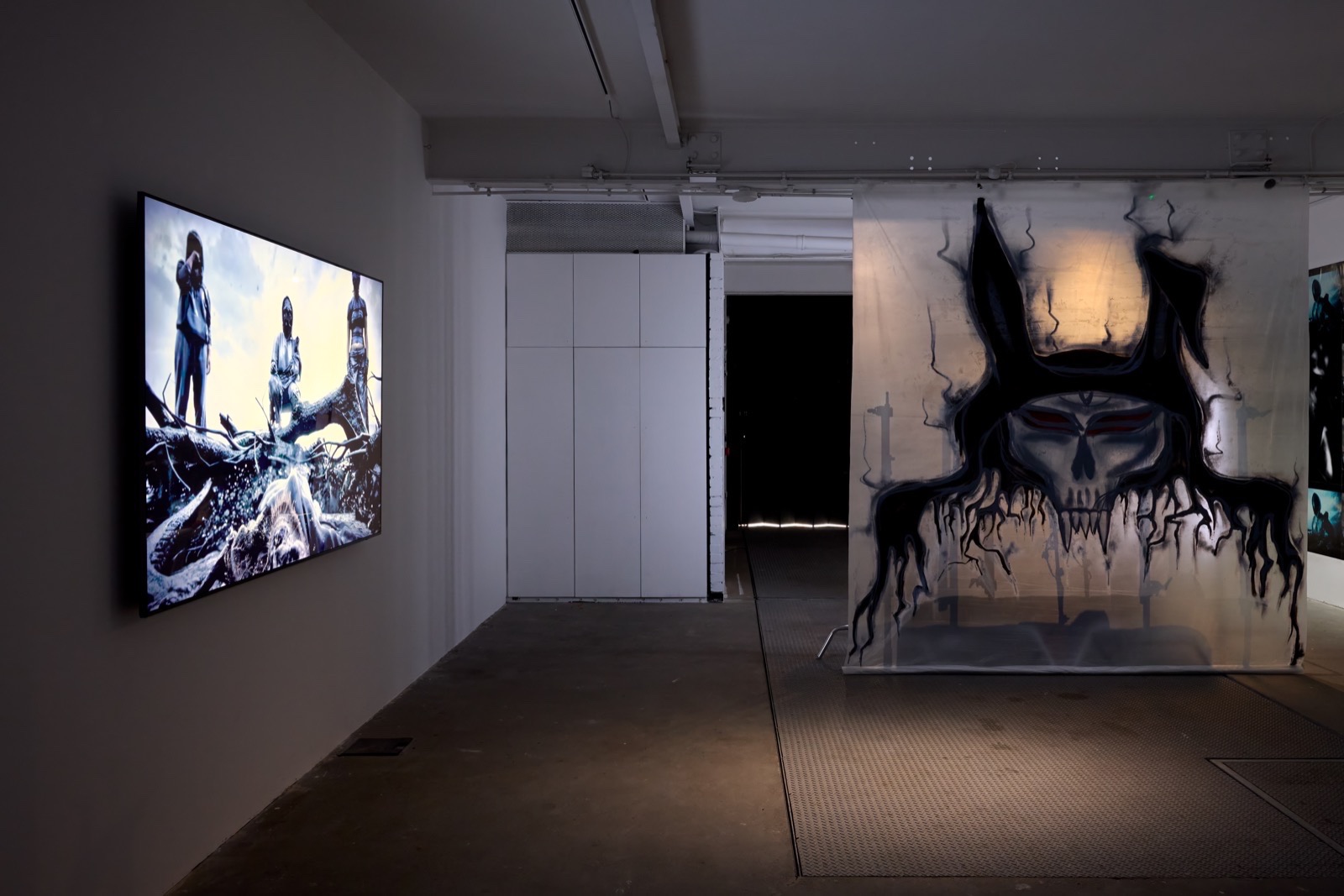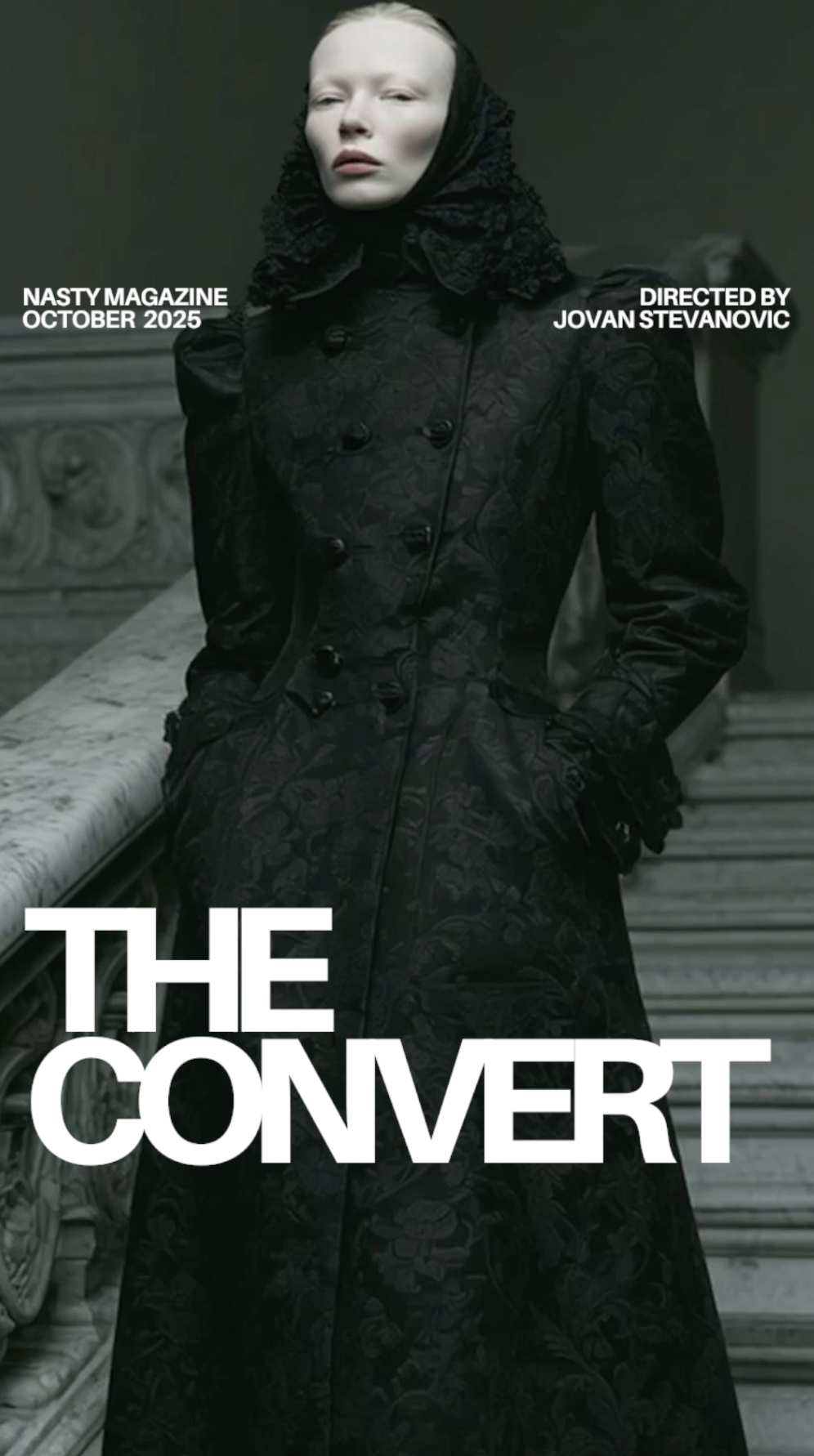I also made my debut with Mutual Rytm that day, and I owe a huge thanks to Marco (aka SHDW) for believing in my sound and giving me the opportunity to showcase it on such an incredible platform. Marco is a one-of-a-kind person whom I deeply respect, he supports artists with genuine passion and integrity, regardless of profile size. With him, it’s always about the music. The emotions during my set were overwhelming. I have so many videos of my friends crying behind me during the last track: tears of joy, pride, and love. It was such a wholesome, unforgettable moment, a beautiful journey we’ll all carry with us forever. After my set, I was still running on pure adrenaline and spent the rest of the night celebrating with everyone. It wasn’t until the next morning that it truly hit me. I rewatched the videos, called my parents, and completely broke down in tears. My mum just laughed and said, “You did it, didn’t you?” — and that made me cry even more. Knowing how proud they were of me is one of the happiest feelings I’ve ever experienced. Both DJing and performing live have their own kind of magic. DJing is about reading the crowd, building momentum, and creating connection through selection and flow. But performing live is different — it’s pure, direct emotional expression. You feel the audience responding to something uniquely yours, in real time. And yes, this was definitely the first of many. My goal now is to keep evolving the live show — to experiment more with improvisation, make each performance one-of-a-kind, and of course, to keep creating more music.
In that moment — which, I think we can both agree, was a “point of no return” — you delighted the crowd with Mouse on Keys. This track, now a staple among many of your fellow DJs, anticipated your album Culture Shock (2025, Mutual Rytm), released shortly after. “This EP” you stated, “represents embracing new beginnings that, although they may bring uncertainty and fear, the light always guides you to where you were meant to be.” What new beginnings are you referring to? Do you believe it’s destiny that governs our lives, or are we the true architects of it?
Yes , Mouse on Keys was such a magical moment that we all shared collectively. At that time, I was going through a lot of change — navigating new experiences, both uplifting and difficult. There were moments of rejection, self-doubt, and questioning my artistic worth. The path of creativity is full of hurdles, some small, some overwhelming — and there were definitely points where I thought about giving up. But every time I hit that low, something positive would happen again, reminding me to lift my head, keep going, and trust the process. It’s a cycle that tests you deeply in the beginning, but persistence always wins. I do believe destiny plays a mysterious role in our lives, especially when I look back at my own journey. For instance, when I was with my first agent, we had plans for a tour in Colombia but those plans fell through, and I suddenly found myself independent again. That period brought a lot of doubt and disappointment. For about two months, I really questioned everything. But eventually, I decided to take control of the situation and make the trip happen on my own. With the help of my good friend Serge Andre, I organized a six-week tour across Colombia, around nine shows in total. That experience not only reignited my confidence but also led to the creation of the Culture Shock EP. Looking back, I realize that if those earlier setbacks hadn’t happened, none of this would have unfolded the way it did. So yes, I think destiny works in mysterious ways but it also rewards those who take initiative and believe in themselves.
Another deeply evocative track from the EP is Fragments, a very personal one, dedicated to your late grandfather. Do you believe music is truly an immortal art form? And can its own immortality make a memory, a place, or in this case a person, live forever within it?
Absolutely, music embodies all of that and more. Our deep connection to it goes far beyond what words can explain. It carries nostalgia, it opens a gateway to euphoria, and it offers comfort in ways that are both invisible and profoundly emotional. It’s not just something we hear — it’s something we feel, and that feeling often becomes tied to specific memories or moments in our lives. Certain tracks have the power to instantly transport us back to a particular time maybe a difficult period, or a moment of joy and our brains naturally attach those sounds to the emotions we felt then. That’s part of what makes music so powerful and timeless; it becomes a vessel for memory and identity. When I produce, I create primarily for myself. I want to make music that I can live with — something I can listen to over and over again without growing tired of it. Every track I make goes through a kind of personal test: if, after weeks or months of repeated listening, it still gives me that same feeling as the first time, then I know it’s something meaningful, something that resonates on a deeper level.

